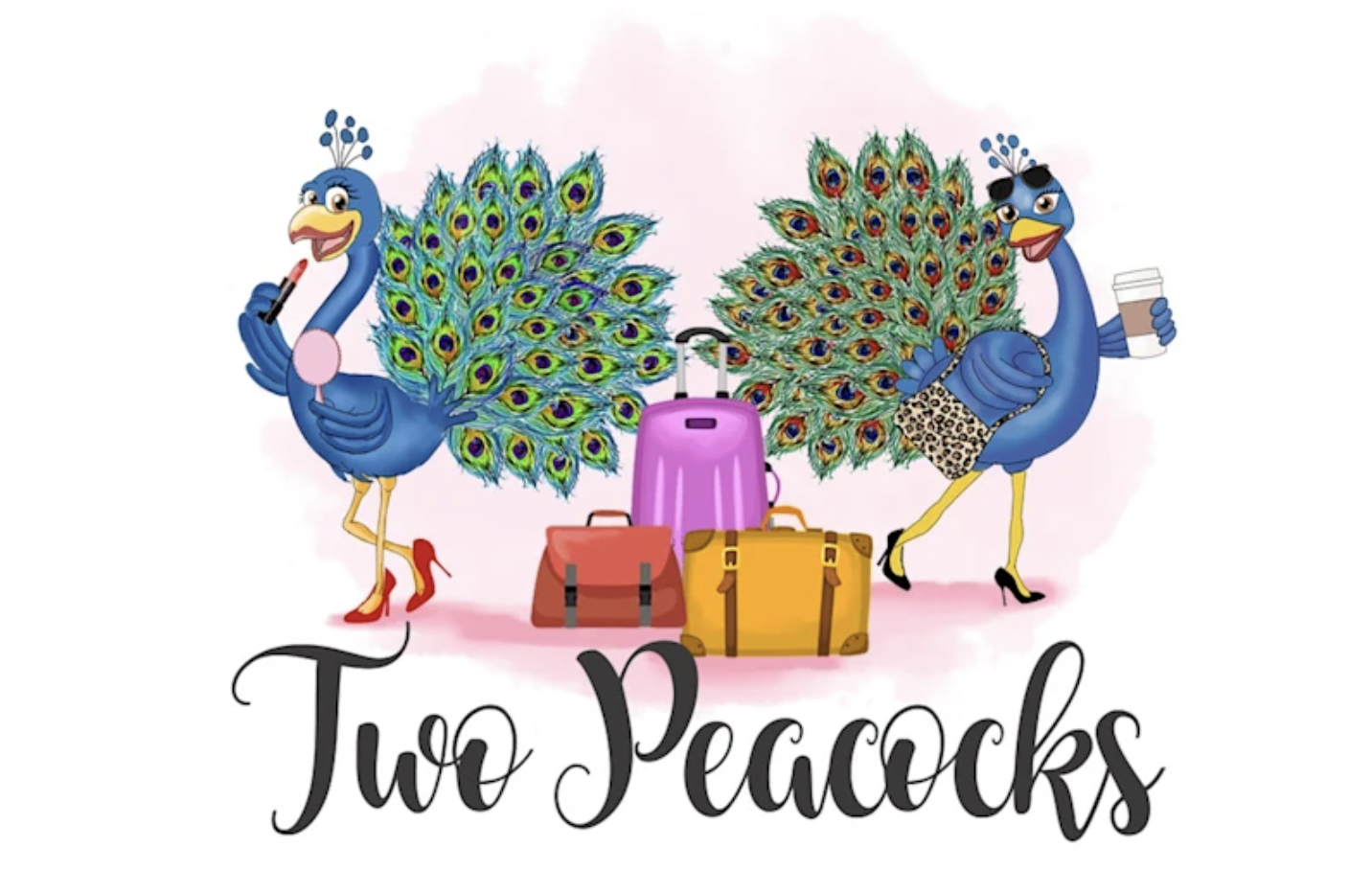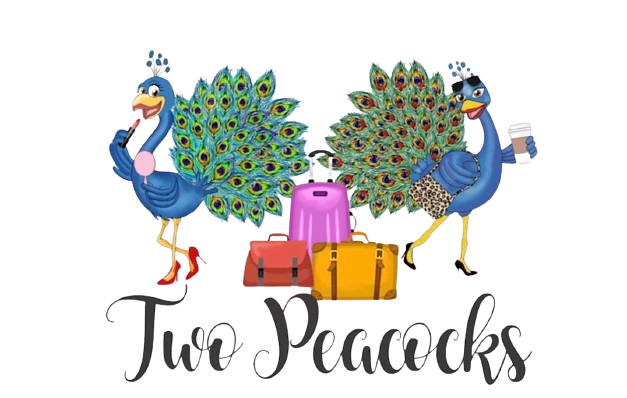[ad_1]
I have gone on quite a few travel fishing trips and have a few tips from what I have learned along the way.
1) Reports – Search the Internet for independent third party reports on a location/operation. Don’t just rely on the marketing material created by the operation. Note that over time fisheries can improve or decline rather dramatically, so make sure your information is recent and pertains to the time of year you plan to go.
2) Cost – The best fishing operations get lots of repeat business and can therefore charge more. Don’t spend the money to go to some far away place and then skimp on the lodge/guide. There is a vast difference between the best and the worst guide everywhere I have fished. I remember standing in line at the airport in Puerto Vallarta after experiencing some fantastic fishing for large Marlin and Tuna with great captains who knew what they were doing. I was talking to the people in front of me and they had chartered with a “bargain” operation that approached them in the marina. They paid about 30% less per day to fish than I did, but all they caught was a couple small Dorado each day. Some of those Dorado were literally the size of the bait we were using to catch our fish. When I told them all the stuff we caught I don’t think they believed me. We had very different experiences that week even though we were in the same place.
If you want to save money, you can try to charter a smaller boat if that size boat will still let you do the kind of fishing you want and you can find a captain with an outstanding reputation. You might not need a 60′ Viking to do the fishing you want to do, and a 30′ boat with a good captain might give you the same success. In calmer areas like the Sea of Cortez a small boat can be fine. I have caught some very large fish in small pangas.
3) Equipment – All things being equal, operations with better equipment tend to be better. If you see someone who doesn’t take care of their tackle you should avoid them, even if you are using your own tackle. People who are sloppy with tackle are likely going to be sloppy with everything else. Also, make sure you are clear on what the operation provides and what they don’t. In some areas, it is not standard for charter operations to provide tackle. In other places they may provide basic tackle but you have to provide lures.
4) Seasons – In some areas, the fishing is very seasonal, especially for migratory fish. I have heard of many people going to places that are great at some times of the year and dead in others without doing any research and then having a bad experience. Most operations are in business during non-peak times, so whether they are open should not be your only indicator. Make sure you do some research and talk to people about the best times to go for the kind of fishing you want to do. For example, a place might have good fishing for a certain type of fish all year but during a particular season they might all be in deep water and you might not be able to target them with the technique you were hoping. Figure that out ahead of time.
5) Weather – Make sure you do your research on weather. In many areas fishing can be great in between weather fronts moving through but you had better find out if there is a chance that you will get blown out during the time you are there. I got very lucky a while ago fishing in Puerto Vallarta in early September. That is still hurricane season and while there were no hurricanes there were torrential rains from tropical storms the week before I went and also the week after that effectively shut down the fishing. The fishing was great during the week I went but that was very lucky and I wouldn’t want to chance that in the future. I usually have to plan my trips way in advance in order to accommodate my work schedule, so I try not to plan during risky times such as hurricane season or times when whether is highly variable (such as spring) if the fishing in that place is highly dependent on weather.
6) Moon phase – For some types of fishing the moon phase has no effect, for some it has some effect, and for some it is everything. Make sure you do your research on this. I have found that inshore saltwater fisheries tend to be the most affected by moon phase, which makes sense because they are the most influenced by tide.
Before leaving on your trip, check the baggage guidelines for the airline(s) you will be flying and print them out. Sometimes employees at the airport are not aware of the guidelines, so if they try to tell you that you can’t bring something or you have to pay an extra fee you can show them the printed out guidelines from their company website.
[ad_2]
Source by Dan Y Smith

